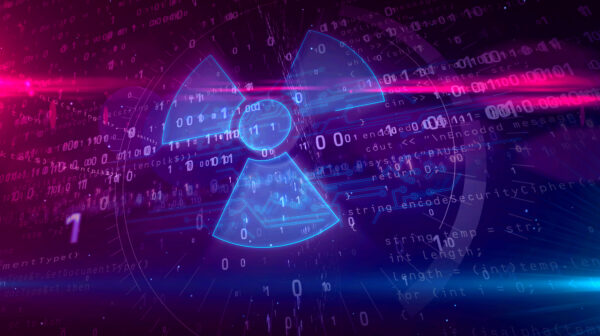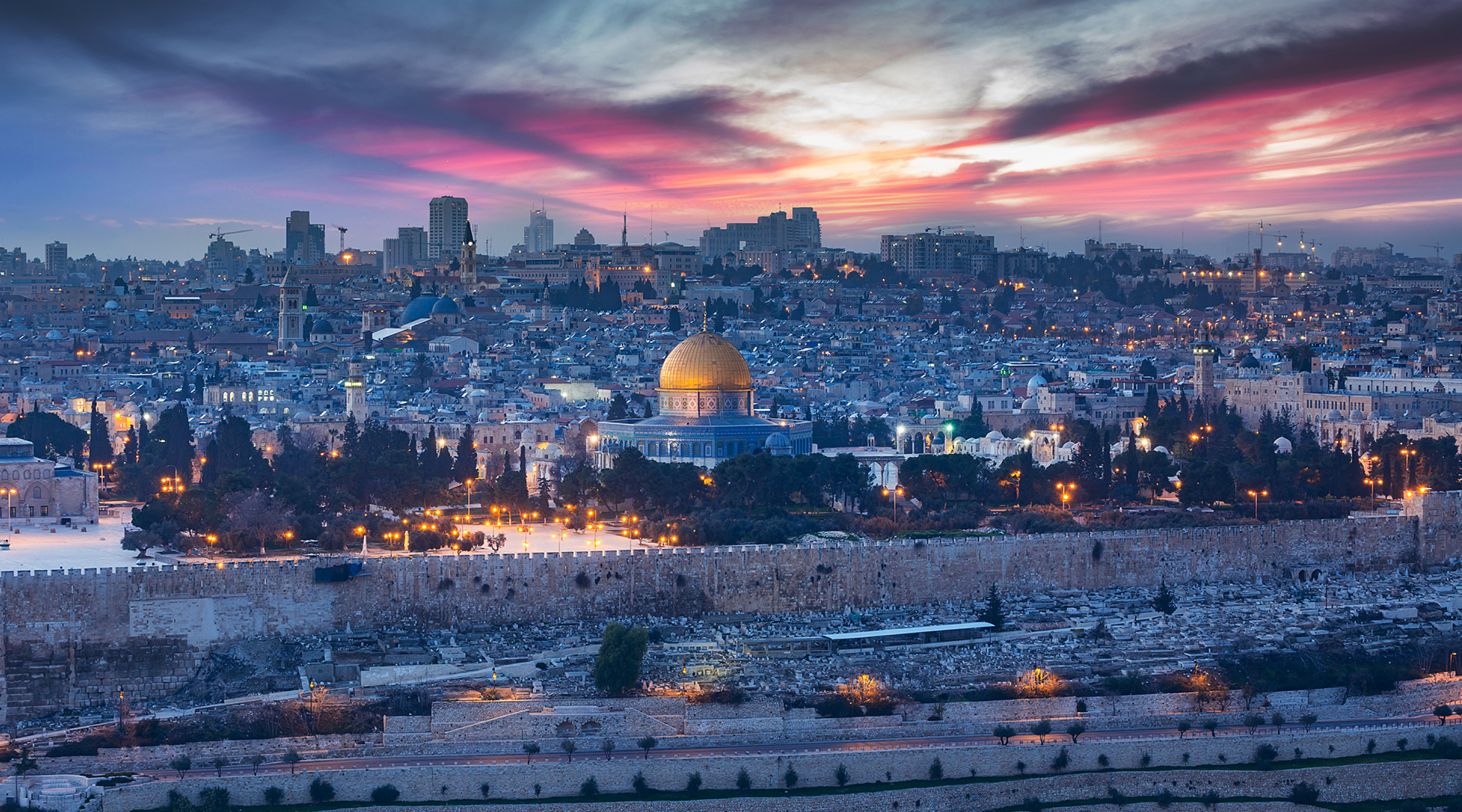
Just when you think that tensions can’t get any higher in the Middle East, Reuters reports that the United Nations nuclear watchdog, the International Atomic Energy Agency (IAEA) has reignited “high-level dialogue” with Syria “focusing on building confidence in the peaceful use of nuclear energy in Syria.” Evidently, the Director General of the IAEA, Rafael Grossi, accepted an invitation from Syria’s President Bashar al-Assad and met with him yesterday in Damascus.
In light of what we know about the Assad regime in Syria, Israel’s enemy on her northeastern border, can it be trusted to use nuclear energy for peaceful purposes? What does history have to tell us?
Well, the last time IAEA inspectors visited Syria was in 2011, the year civil war broke out in Syria due to street protests against Assad’s violent regime. At that time, “they were seeking to revive a stalled IAEA investigation into activity at a site in Syria’s eastern desert that U.S. intelligence had deemed to be a nascent, North Korean-designed reactor intended to produce plutonium for atomic weaponry.” But Syria’s endeavor to build atomic weaponry came to a screeching halt when Israel bombed the site and reduced it to rubble in 2007. And contrary to U.S. intelligence, the Syrian authorities claimed that it was a “non-nuclear military site, but the IAEA concluded in 2011 that it was ‘very likely’ to have been a reactor that should have been declared to nuclear non-proliferation inspectors.”
Now, as we consider Syria’s willingness to restrict atomic energy to just keeping the lights on in homes and businesses, we must also keep in mind that Syria has developed closes ties with China and Iran, enemies of Israel and the United States. For example, last September, just days before Hamas terrorists barbarically attacked Israel, China’s President Xi Jinping declared his support for the Assad regime when he said, “In the face of the unstable and uncertain international situation, China is willing to work with Syria to firmly support each other. . . and jointly safeguard international fairness and justice.”
And this last Sunday, the Secretary of Iran’s Supreme National Security Council, Ali Akbar Ahmadian met with the Syrian Defense Minister, Ali Mahmoud Abbas, in Tehran. Ahmadian said, “The empowerment of Syria is in the interest of regional security and stability, and the development of relations can benefit the peoples of both countries and the region” (Islamic Republic News Agency). The Islamic Republic News Agency also noted that “Iran’s security chief commended the resilience of the Syrian nation and government as part of the Axis of Resistance against both the Israeli regime and terrorist groups in the region.”
So, based on recent history and Syria’s ties with China and Iran, it is clear that if Assad is given the green light, he will weaponize atomic energy and make Syria a nuclear power in the Middle East. And that is an unacceptable scenario for Israel and the West.
Now, for those who will argue that the IAEA will monitor Syria to ensure it is only using nuclear energy for peaceful purposes, I ask, “How successful has the IAEA been in monitoring Iran’s nuclear program?” Perhaps we shouldn’t put too much confidence in U.N. nuclear watchdog’s ability to monitor a nuclear-powered Syria either.
Will you please join me in praying for Israel and her people at this critical time?
by Dr. Matthew Dodd | March 20, 2024
